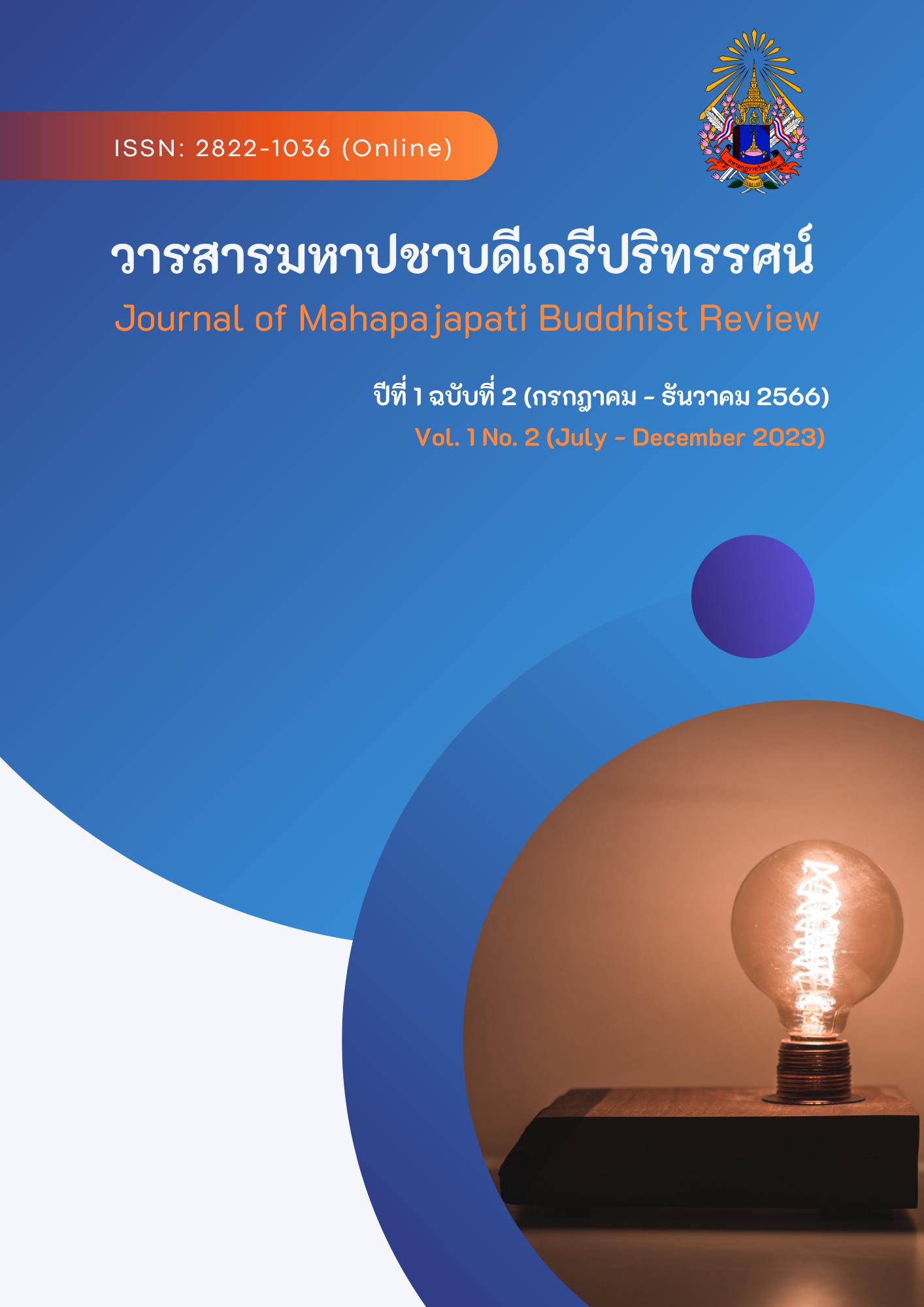Buddhist Ethics and Contemporary Social Problems: A Case Study of Drug Addiction in the Community
Keywords:
Buddhist Ethics, Sufficiency Economy, Contemporary Social ProblemsAbstract
Drug problems have been treated as mammoth and paramount setbacks;
They have inflicted on drug addicts in every community. As such, falling prey to drugs of any types whatsoever have adverse effects to addicts’ physical and mental health. Still worst, drug addicts trigger such social problems as criminal offences, broken families, including life and asset securities. Elements treated as significant factors favorable to drug problems are individuals associated with environments. As a result, guidelines on solving them have to put the emphasis on individuals, families’ participations, government and private sectors, and Buddhist organizations. The use of Buddhist ethics to solve and prevent drug problems in the community by applying various activities is the 4 ways of squandering wealth by organizing activities that encourage people in the community to see the dangers of all evils such as camp activities to learn the dangers of drugs, the principle of four exertions such as drug prevention campaign activities by organizing training or attending camps, the principle of six channels of growth such as activities to go to the temple every Buddhist holy day or festival, encourage people to go to the temple to keep the precepts, and the four sublime states of mind such as smoking and alcohol cessation camp making life bright, etc.


